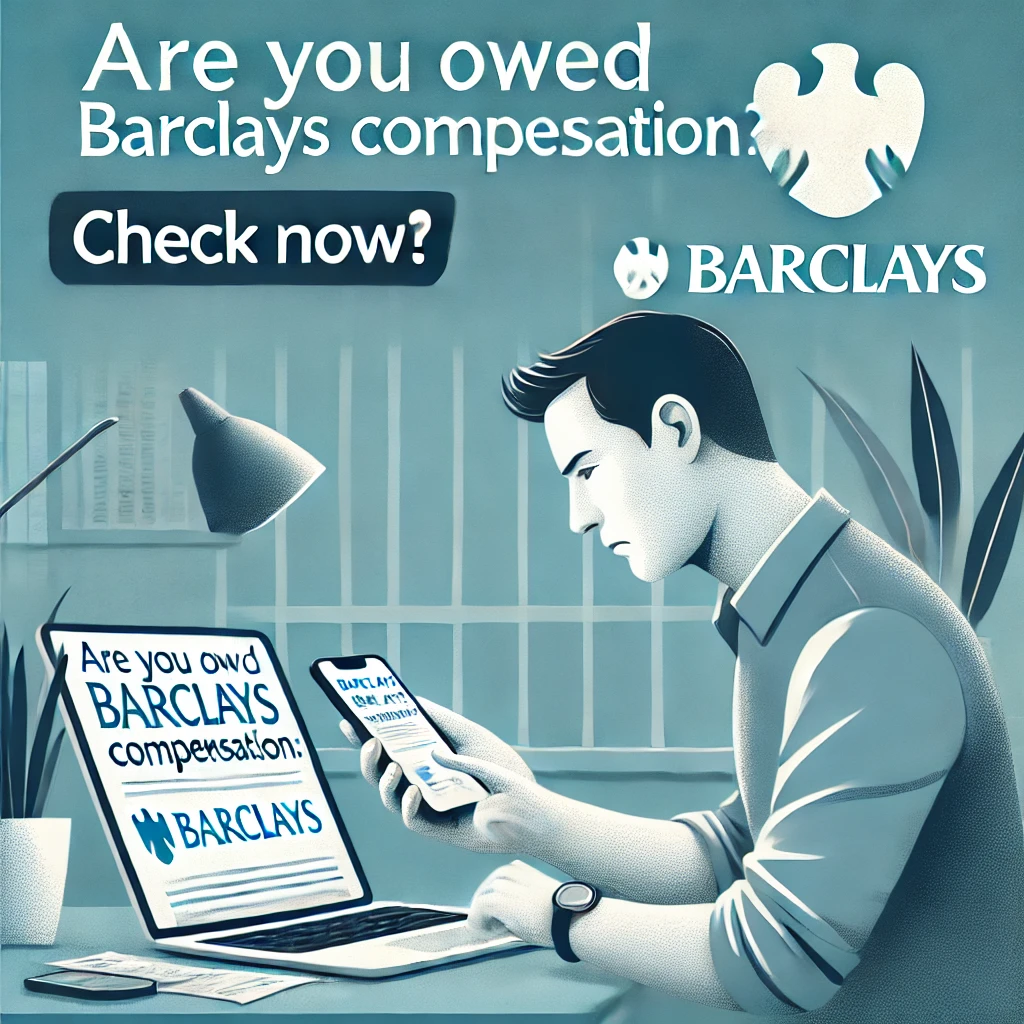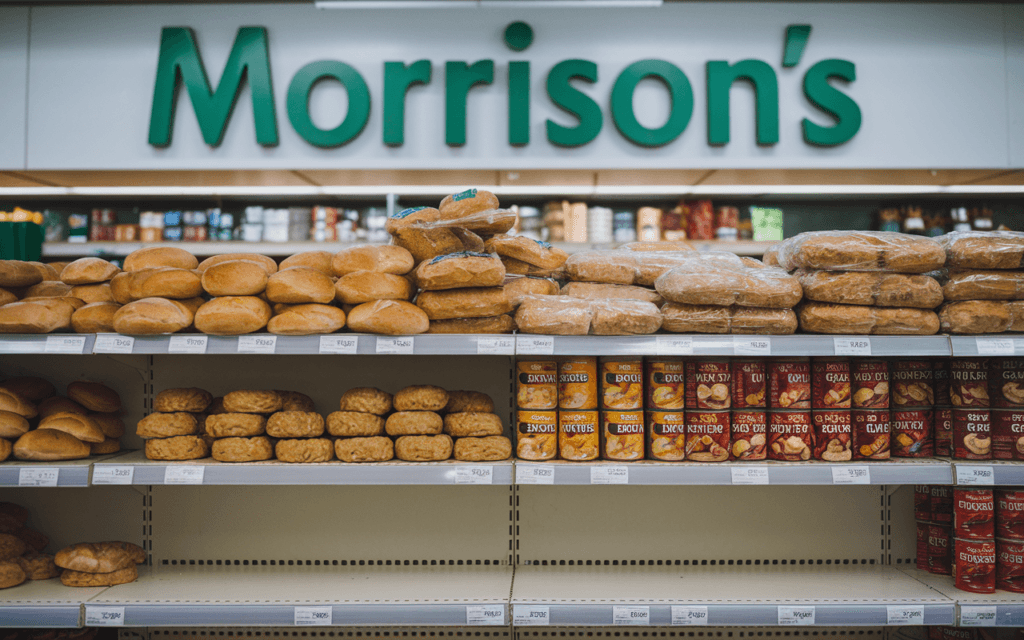In early 2025, Barclays customers faced a frustrating IT outage that disrupted online banking, payments, and ATM services. The issue, which lasted from January 31 to February 2, left many unable to access their money—right around payday and the self-assessment tax deadline.
Now, Barclays has pledged up to £12.5 million in compensation to affected customers, according to reports from The Times and The Financial Times. But how do you know if you’re eligible? Here’s everything you need to know about checking your compensation status and making a claim.
Who Is Eligible for Barclays Compensation?
Barclays has stated that compensation will be given to customers who suffered financial loss or inconvenience due to the outage, as confirmed in their official customer update on Barclays’ website. This includes:
✅ Failed Payments: If your direct debit, standing order, or card payment was declined due to the outage.
✅ Late Fees or Penalties: If you incurred charges from another company (e.g., utility providers, landlords, or HMRC) because your payment didn’t go through.
✅ Loss of Access to Funds: If you were unable to withdraw cash or make urgent payments due to the disruption.
✅ Delayed Wages: If your employer attempted to pay you but the transaction was delayed or failed.
How to Check If You’re Owed Money
Here’s how you can find out if Barclays owes you compensation:
1. Look for an Official Barclays Notification
Barclays has started contacting affected customers directly via email, SMS, or in-app messages. If you receive a notification, it will outline the amount you are being refunded.
⚠️ Watch out for scams! Barclays will never ask for your login details or request payment to process a refund.
2. Check Your Bank Statements
Review your transactions from January 31 to February 2 to see if any payments were declined, delayed, or duplicated. Look for:
- Failed direct debits
- Late payment fees
- Unexpected bank charges
- Missing deposits (e.g., salary payments)
3. Review Your Bills & Accounts
Check with your mortgage provider, landlord, credit card company, or any other service provider to see if a missed payment led to fees or penalties.
4. Contact Barclays Customer Service
If you think you were affected but haven’t received a notification, get in touch with Barclays:
📞 Call: 0345 734 5345 (UK customers)
💻 Online: Visit barclays.co.uk and use the online chat function
🏦 In-Person: Visit your nearest Barclays branch
How to Claim Your Compensation
If Barclays has already identified you as an affected customer, you may receive an automatic refund without needing to take action. However, if you believe you are owed money and haven’t received it, follow these steps:
Step 1: Gather Evidence
Prepare any supporting documents, such as:
- Bank statements showing failed payments or late fees
- Screenshots of error messages from Barclays’ online banking
- Statements from service providers showing penalty charges
Step 2: Submit a Claim to Barclays
If Barclays has not proactively compensated you, submit a formal complaint by:
- Calling customer service and requesting a refund
- Logging into your Barclays account and using the complaints section
- Visiting a Barclays branch to discuss your case
Step 3: Escalate If Needed
If Barclays does not resolve your complaint fairly, you can escalate it to the Financial Ombudsman Service (FOS) for an independent review.
FOS Contact: 📧 www.financial-ombudsman.org.uk
📞 0800 023 4567
What to Expect from Barclays Compensation
Barclays has set aside £5 million to £7.5 million for customer compensation related to this outage. The amount each customer receives will depend on:
💰 The level of financial loss incurred: If you were charged late fees or had payments fail, you may receive a refund covering the costs.
💰 The level of inconvenience: Customers who faced major disruptions (e.g., loss of salary payments) may receive a higher payout.
Refunds will be credited directly to Barclays accounts or issued via cheque in some cases.
Final Thoughts
If you bank with Barclays and were affected by the outage, it’s worth checking if you’re owed compensation. Even small fees or charges can add up, so take a few minutes to review your transactions and contact Barclays if needed.
💡 Tip: Going forward, consider having an emergency fund in a separate bank to avoid total dependency on one provider in case of future disruptions. A study by The Financial Conduct Authority (FCA) highlights the importance of financial resilience and diversification to mitigate risks from banking failures.
Have you experienced banking issues before? Let us know in the comments below! And don’t forget to share this article to help others claim their refunds.
📌 Stay updated on more money-saving tips by subscribing to Money Savvy UK!



